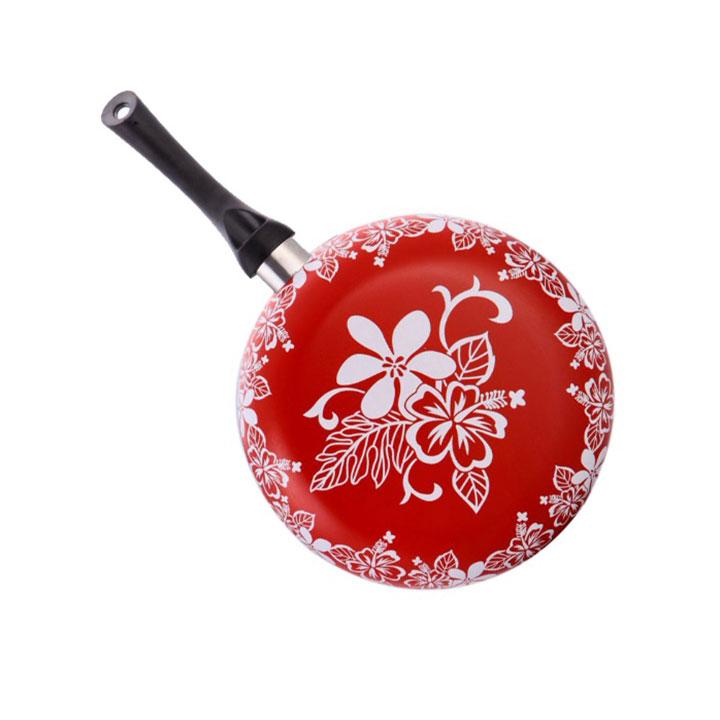Efficient heat management is crucial in LED lighting to ensure longevity and performance. Anodized aluminum circles are commonly used in LED fixtures as heat sinks due to their excellent thermal conductivity and durability. This blog examines how anodized aluminum enhances LED lighting systems by effectively dissipating heat.
The Role of Heat Sinks in LED Lighting
LEDs generate heat during operation, and excessive temperatures can reduce their lifespan and brightness. Heat sinks absorb and disperse this heat, maintaining optimal performance. Aluminum is the preferred material due to its lightweight and thermal properties, and anodization further enhances its effectiveness.
Why Anodized Aluminum Circles Are Ideal for LED Heat Sinks
- Improved Thermal Conductivity
While anodization adds a protective layer, it does not significantly hinder aluminum’s ability to conduct heat. The anodized surface can even improve heat dissipation by increasing surface area.
- Corrosion & Oxidation Resistance
LED fixtures, especially outdoor lighting, are exposed to moisture and environmental factors. Anodized aluminum resists oxidation, ensuring long-term reliability without degradation.
- Electrical Insulation
The anodized layer is non-conductive, preventing short circuits in LED assemblies. This is particularly important in high-power LED applications where electrical isolation is necessary.
- Lightweight & Durable
Aluminum is much lighter than copper or steel, making it easier to integrate into lighting designs. Anodization adds hardness, protecting the heat sink from scratches and wear.
- Customizable Fin Designs
Anodized aluminum circles can be machined into various fin shapes to maximize surface area and airflow, improving cooling efficiency.
Applications in LED Lighting
Street Lights – Withstands harsh weather conditions.
Commercial Lighting – Efficient cooling for high-lumen LEDs.
Consumer Bulbs & Downlights – Compact and lightweight solutions.
Conclusion
Anodized aluminum circles play a critical role in LED lighting by providing efficient heat dissipation, corrosion resistance, and electrical insulation. Their lightweight yet durable nature makes them an ideal choice for manufacturers looking to enhance LED performance and lifespan. As LED technology advances, the demand for high-quality anodized aluminum heat sinks will continue to grow.

